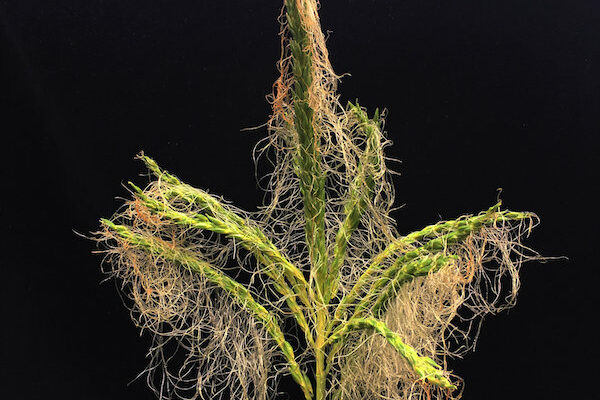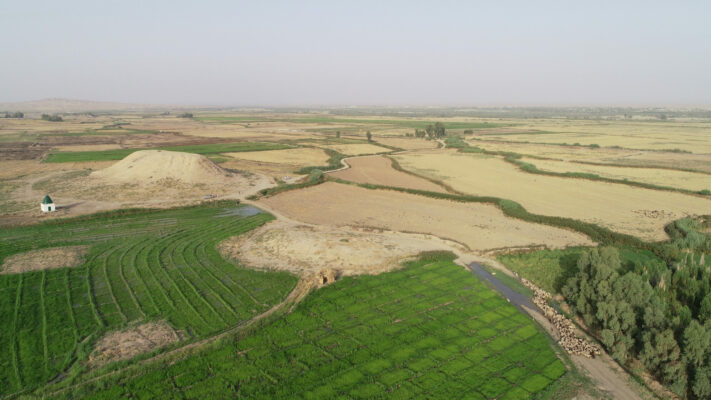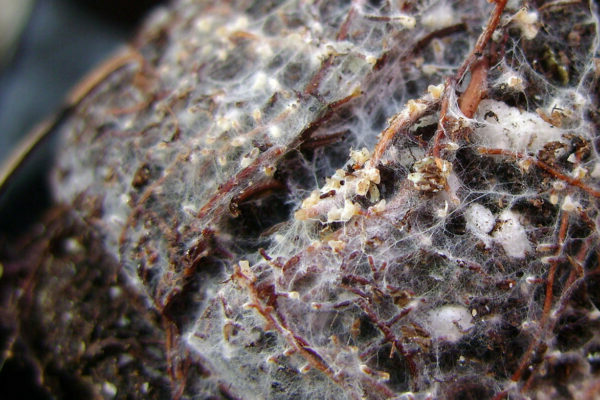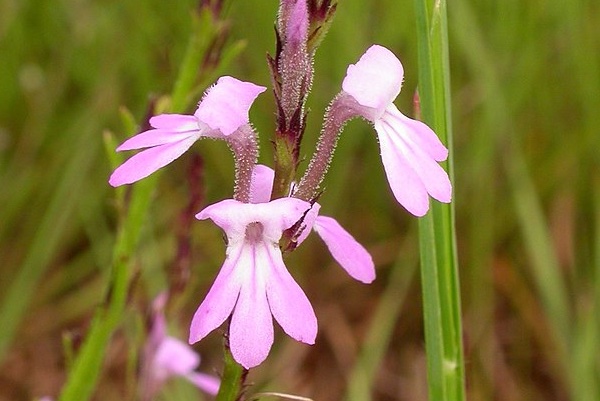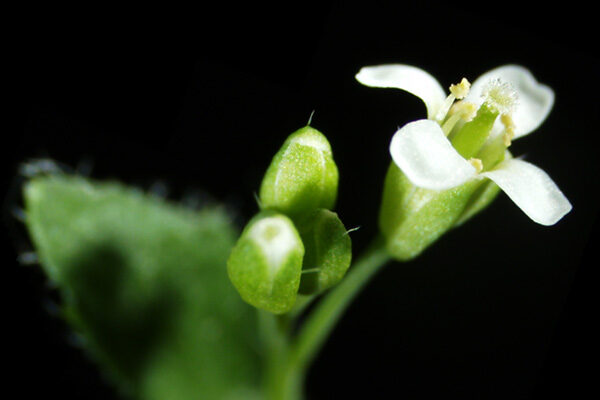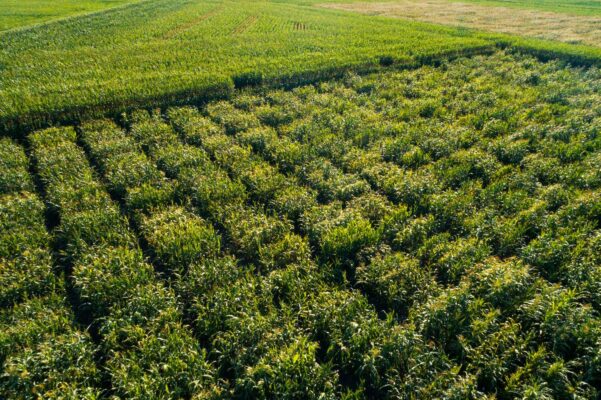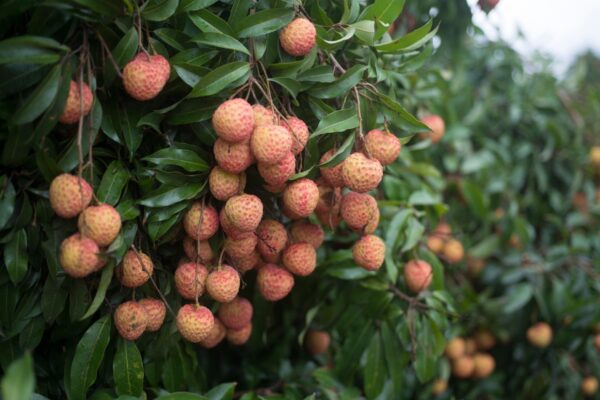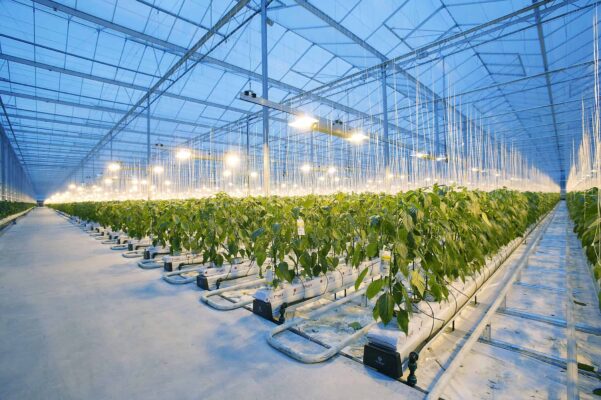
The fascinating world of plants will be once more in the spotlight thanks to the EPSO, which invites you to celebrate the sixth Fascination of Plants Day on and around May 18th 2022. For this purpose, scientific institutions together with schools, farmers and companies will offer a variety of plant-based interactive events and activities for all interested people from toddlers to grandparents.


